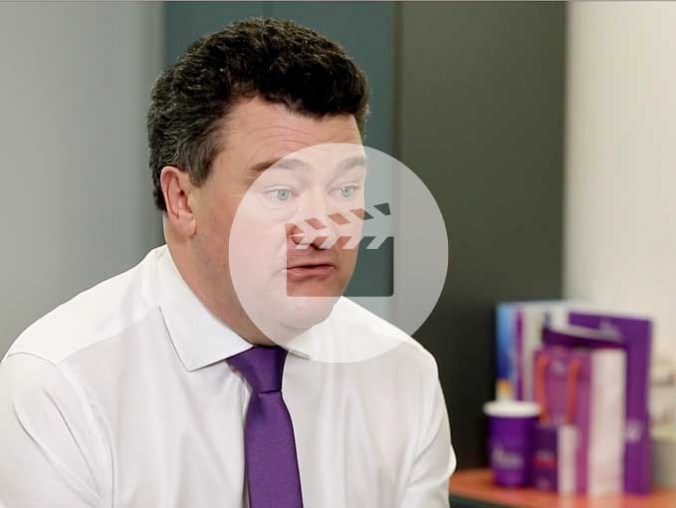

Is your pension protected?
While it’s rare for people to lose their pension, or get less than expected, if things go wrong, it’s good to know what protection is in place for your pot
The newspaper headlines often cover stories of people who’ve apparently lost their pensions, or not got what they expected, and it would be easy to imagine that this was quite common.
In reality, the vast majority of people get their pensions paid as expected and without any problems, though this fact obviously doesn’t make for a good newspaper headline. So what’s the reality about your pension – is it safe, and what happens if things go wrong?
The answer depends first of all on what type of pension you have.
Protection for defined benefit pensions
In the past, many people worked for companies who offered a salary-related or ‘defined benefit’ (DB) pension. Although relatively few people are still building up rights in such schemes, millions of us have DB pensions from past or present employments. For as long as the employer is still around and contributing to the pension scheme, those pensions will continue to be paid.
We often hear about DB pension schemes being in deficit. This is what happens when the cost of providing pensions is bigger than expected (perhaps because we are living longer on average), or because the money in the pension fund hasn’t done as well as expected (perhaps because rates of return have fallen).
In this case, the trustees of the pension scheme and the employer have to agree something called a ‘recovery plan’ to deal with the shortfall over a period of years. Provided this all goes to plan, there will be enough money in the pension scheme to pay all the pensions.
However, sometimes an employer will go bust at a time when there is a shortfall in the pension fund. If this happens, there’s now a safety net scheme known as the Pension Protection Fund (PPF). This is funded through a charge on all the companies who run DB pension schemes. The PPF takes over all the assets of the pension fund of a company that has gone bust and then pays out pensions according to its own rules.
Broadly speaking, it pays out 90% of the pension you were expecting if the company goes bust when you’re under pension age, and 100% of the pension if this happens when you’re older. The other main difference is that the PPF pays annual inflation increases in line with the legal minimum, which may be less generous than the rules of the scheme you were a member of.
Overall, the PPF is a good organisation and provides a measure of reassurance for people in DB pension schemes.
Protection for defined contribution pensions
If, instead, you have a defined contribution pension, which is a pot of money that’s invested over your working life, then different rules apply. Where a DC pension is provided by a big financial institution like Royal London, there are strict rules to make sure that the pension provider has enough money to keep trading through the ups and downs of the economy. This helps to make sure that the company you’ve saved with is still there when you retire.
Other DC pensions may be saved through large industry-wide Master Trusts, and the government has recently tightened the rules to make sure that these Trusts also have enough money to operate on an ongoing basis.
Where things go wrong with pensions and investments, there is a Financial Services Compensation Scheme. You can find out more about what it does and what it covers here.
Keeping an eye out for scammers
Sometimes when things go wrong with pensions, it’s because people have chosen to invest their money themselves and have made poor decisions. There are many people looking to ‘scam’ savers out of their money by offering them apparently high rates of return, often involving investing overseas or putting all of your money into a single investment.
Even where such schemes are not outright scams, they can involve very high charges and offer very little protection if things go wrong. If you think you’ve been scammed, or want to know what to look out for, take a look at our infographic, or visit the FCA’s Scamsmart campaign website.
More for you

Pensions made easy
Pensions can be difficult to get your head around, but knowing the options can help you build the best nest egg possible for your retirement
MORE
Maximising returns and reducing your risk
Lorna Blyth, Investment Strategy Manager at Royal London, and Trevor Greetham, Head of Multi Asset Investments at Royal London, describe how we balance managing risk with growing your returns over time
MORE
Year end results 2017
Group Chief Executive Phil Loney explains why 2017 was a record-breaking year for Royal London, and what this means for our members
MORE


